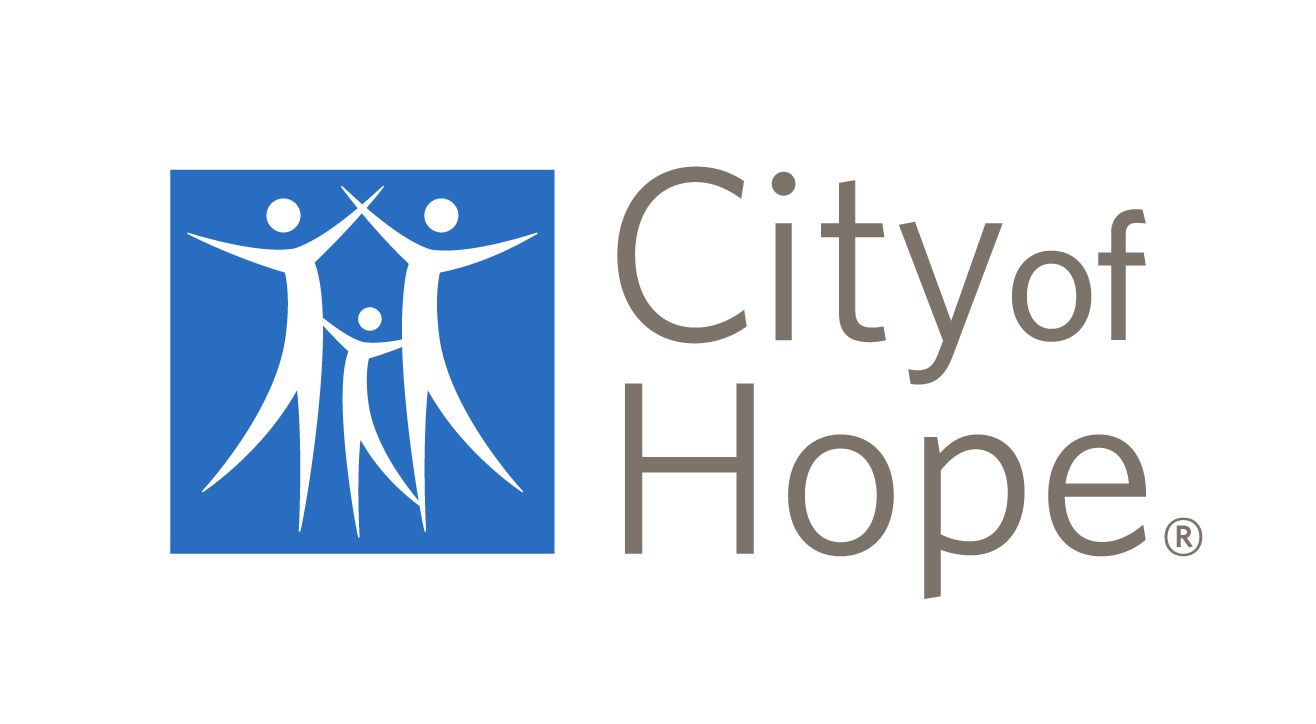- Advertise
- About OncLive
- Editorial Board
- MJH Life Sciences brands
- Contact Us
- Privacy
- Terms & Conditions
- Do Not Sell My Information
2 Clarke Drive
Suite 100
Cranbury, NJ 08512
© 2025 MJH Life Sciences™ and OncLive - Clinical Oncology News, Cancer Expert Insights. All rights reserved.
Dr Krishnan on the Optimal Use of DKd in Relapsed/Refractory Multiple Myeloma
Amrita Krishnan, MD, discusses the role of DKd for patients with relapsed/refractory multiple myeloma.
Amrita Krishnan, MD, executive medical director, Hematology, director, Judy and Bernard Briskin Multiple Myeloma Center, professor, Department of Hematology & Hematopoietic Cell Transplantation, City of Hope, discusses patient characteristics and disease factors that influence the role of carfilzomib (Kyprolis) plus daratumumab (Darzalex )and dexamethasone (DKd) for patients with relapsed/refractory multiple myeloma.
The CD38-targeted combination has demonstrated strong efficacy, especially regarding progression-free survival (PFS), in patients with relapsed multiple myeloma, Krishnan begins. The phase 3 CANDOR trial (NCT03158688) investigated DKd vs carfilzomib plus dexamethasone (Kd) in patients with relapsed/refractory multiple myeloma who had received 1 to 3 prior therapies. At a median follow-up of 27 months, the median PFS was 28.6 months (95% CI, 22.7-not estimable) with DKd vs 15.2 months (95% CI, 11.1-19.9) with Kd (HR, 0.59; 95% CI, 0.45-0.78; log-rank P < .0001).
However, DKd is associated with notable toxicities, including infection, cardiovascular complications, and hypertension, she notes. Therefore, the decision to use DKd must balance its potential benefits against the risks, which is a common consideration in multiple myeloma management strategies, Krishnan explains.
In the early-relapsed setting, DKd is appropriate for patients who are not refractory to CD38-targeted therapies, she reports. This regimen may provide benefit for younger patients or patients experiencing aggressive disease relapse due to its robust efficacy profile, she emphasizes. However, the question arises as to whether CAR T-cell therapy should also be considered for such patients, according to Krishnan. CAR T-cell therapy is a promising option for myeloma management, but it presents logistical challenges related to manufacturing times and accessibility, which may delay treatment, she adds.
In many cases, hematologists must decide whether to use a CD38-targeted antibody regimen or proceed with CAR T-cell therapy for patients with myeloma, Krishnan says. Importantly, this choice may not be an either/or decision, as some patients may benefit from starting with DKd and transitioning to CAR T-cell therapy later in the treatment course, Krishnan concludes.


